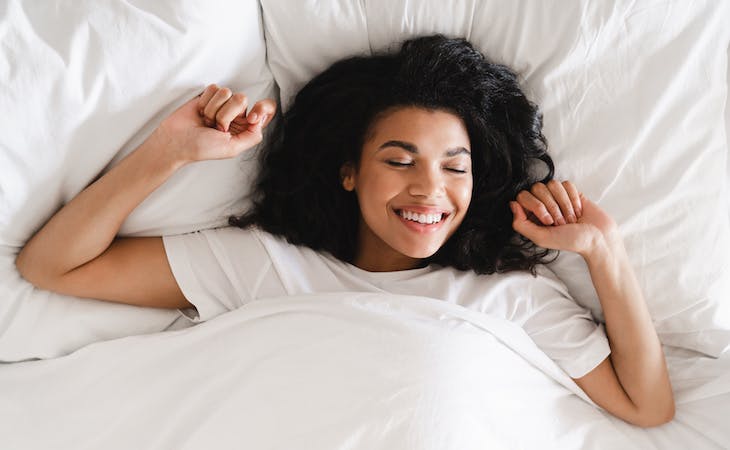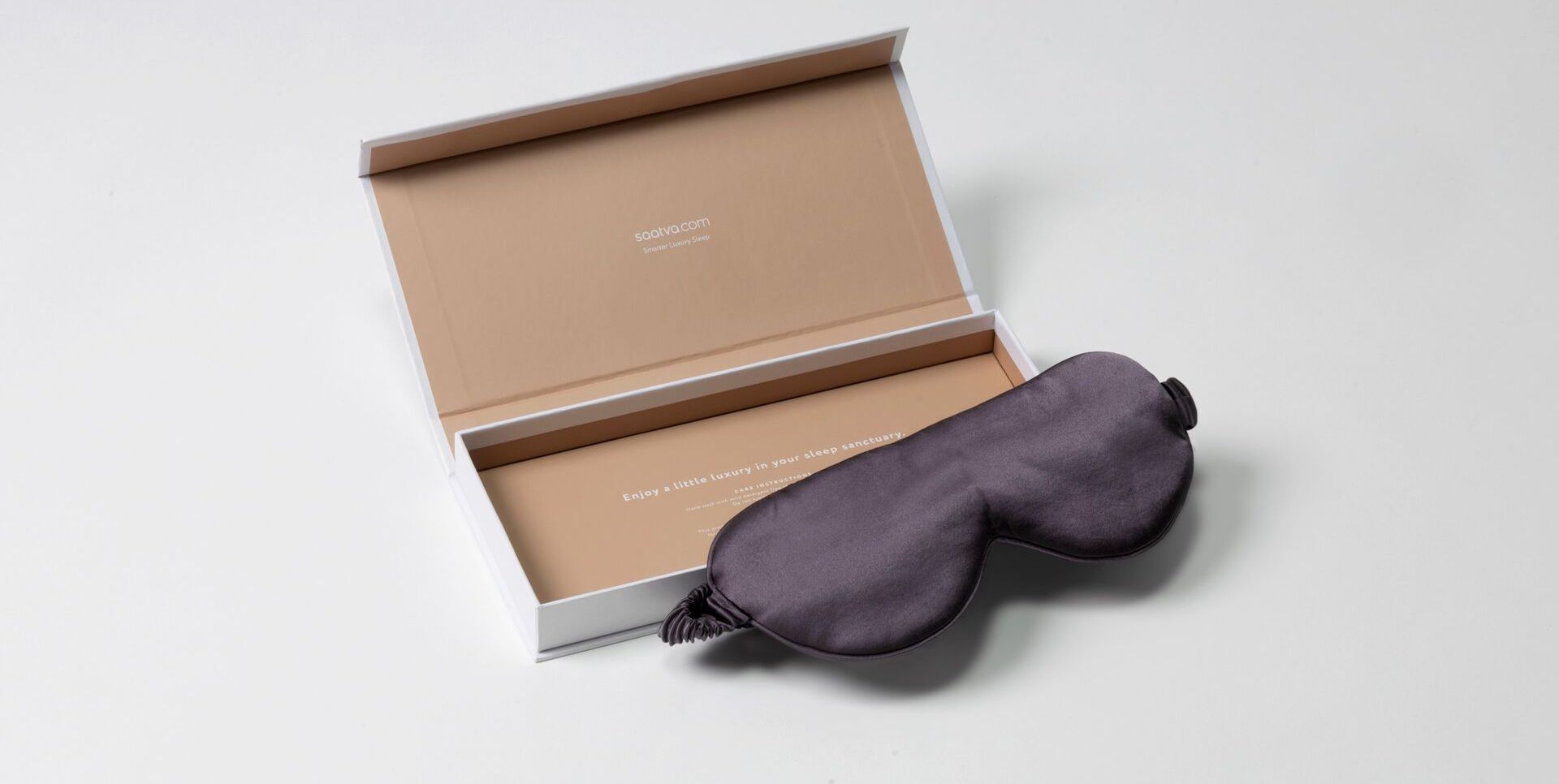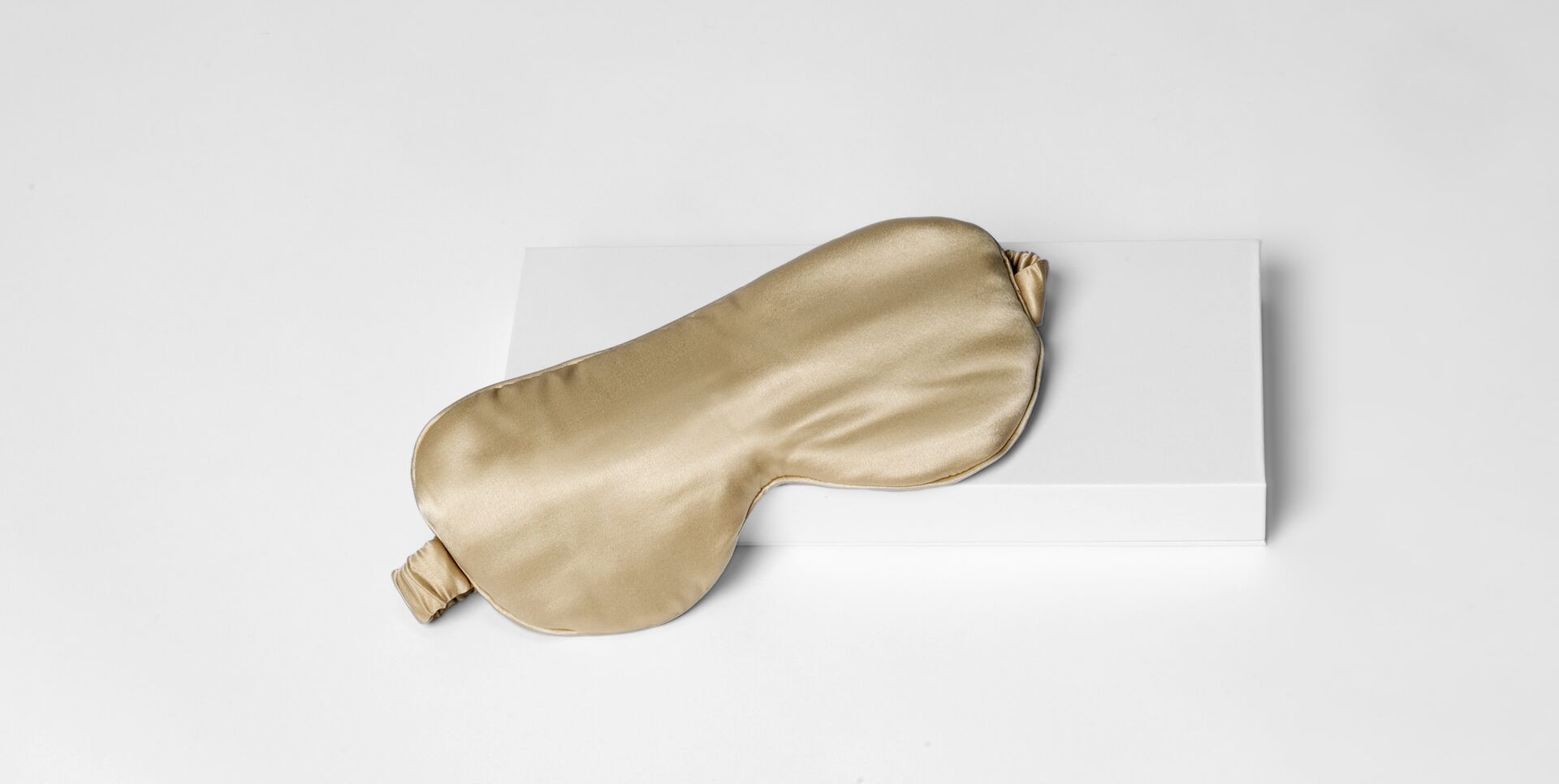A bad night of sleep can be a bummer of a thing to wake up to. Even if you did manage to catch a few winks, you’ll probably still feel grumpy, irritable, even obviously sleepy. So what’s a sleep-deprived individual who has to function in society to do?
While you can’t rewind the clock, you can change what you say about that crappy night of sleep. And if that doesn’t work, there are always other strategies to help you recover the next day.
Can you think your way into better sleep?
If you’re like most people, you probably think you’ve slept worse than you really did. But what if, regardless of how you slept, you were told that you got above-average or below-average sleep?
Researchers put that question to the test among college students in a study published in the Journal of Experimental Psychology. Ironically, they found that those who were told they got quality sleep performed better on cognitive tests than those who had been told the opposite.
There are several reasons to explain this. For starters, people are notoriously inaccurate reporters of their own sleep quality, which is why it was easy to manipulate the college students.
“If they were told they got poor quality sleep, they quickly enacted all of the associations we typically have with poor quality sleep, which is diminished cognitive function,” says Kristi Erdal, PhD, professor of psychology at Colorado College in Colorado Springs and study co-author.
These associations between sleep and cognition are likely stored in the brain’s neural networks and enacted rather than just suggesting the person is “acting” cognitively impaired. On the same token, “good sleep – good cognition” notions are also stored.
“When we told them they had good sleep, that was able to override any effect of actual poor sleep,” Erdal says. She compares it to placebo alcohol, namely that what you’re told you’re drinking—alcohol versus non-alcohol—is more impactful on your behavior than what you’re actually drinking.
How to recover from a bad night of sleep
While you may not technically be able to “trick” yourself into better sleep, you can at least control what you ruminate on, and that could make the difference.
“If you keep repeating to everyone in your office how bad your sleep was (and you probably aren’t accurate in that assessment anyway), then it will follow that your brain will call up the bad sleep associations which will decrease your cognitive functioning,” Erdal says.
Meanwhile, if you focus on the sleep you did get or the fact that it was probably better than you think it was, you can likely avoid some of that risk of cognitive dysfunction.
But it’s not all mental, as there are things you can do to charge your physical energy, starting with seeing natural light in the morning.
“Light helps wake you up by stopping the melatonin production,” says Damiana Corca, doctor of acupuncture and Chinese medicine, sleep and wellness specialist, and certified functional medicine practitioner in Boulder, Colo.
Along with making you feel more alert, it can make you happier. Even just 15 minutes of exposure to natural light can go a long way in filling your energy supply. It’s best done shortly after waking up, even if it’s a cloudy day.
Want to get even more benefits from that light? Do some light movement like a 10-minute walk, especially if you can go outside to do it. That movement will promote blood flow and increase feel-good hormones, which will make you more energized and happier, Corca says.
You might also consider taking a nap between 1 and 3 p.m., focusing on relaxing versus falling asleep.
“Just the act of relaxing and lying flat can be soothing and restful to the nervous system,” Corca says. Keep that nap under 30 minutes (set an alarm so you don’t overdo it). To make it more enjoyable, get warm, wear a sleep mask, and listen to a sound machine, peaceful music, or guided meditation.
No matter how awful your sleep was, remember this: One bad night of sleep isn’t a killer. “After a bad night of sleep, you typically recover the following night by having more deep sleep,” Corca says.
There are many easy changes you can make to your daily routine to ensure you get quality shut-eye. Check out our list of the top things you can do during the day to get better sleep at night.






